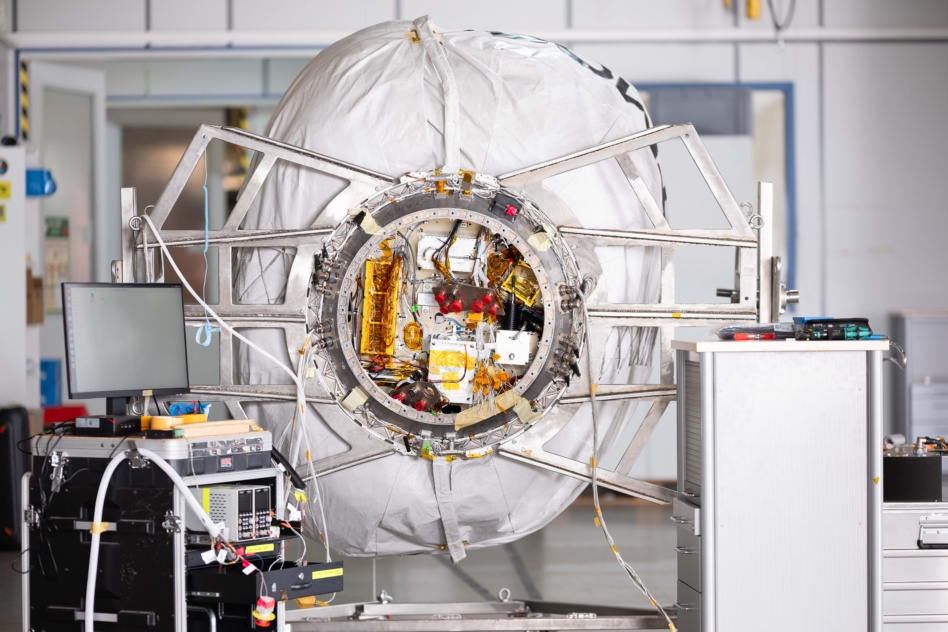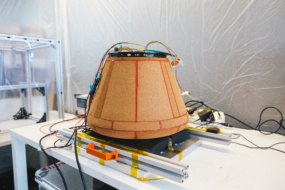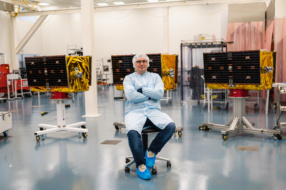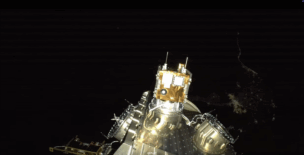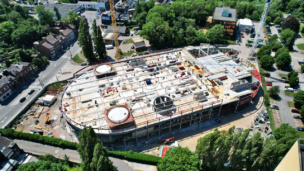ATMOS Space Cargo, a German-based orbital reentry startup, received regulatory approval to fly the first test flight of its Phoenix reentry capsule, making it the first European company to attempt a reentry from space.
During the mission, scheduled to launch on SpaceX’s Bandwagon-3 rideshare mission as early as April, Phoenix will complete two Earth orbits before blasting through the atmosphere and landing in the Indian ocean—without any parachute.
The tech: Unlike other reentry capsules, which use ablative heat shields, Phoenix relies on an inflatable heat shield to protect its payloads from the shock and heat of reentry. It inflates using a two-stage system of nitrogen gas canisters and air intakes to suck air out of the atmosphere, reaching a full diameter of 6 m. The combination of light weight and large surface area make for a slower, cooler reentry.
Altogether, the 250 kg-class reentry vehicle can carry 100 kg of cargo at full capacity, an order of magnitude more efficient than other reentry technologies.
“It’s a very risky approach, but if it works, then there’s pretty much no technology out there that is as lightweight as ours,” ATMOS CEO Sebastian Klaus told Payload.

The mission: At least three payloads will be flying on Phoenix’s first test flight.
- The German Aerospace Center’s Institute of Aerospace Medicine is flying its M-42 radiation detector to measure the radiation environment during orbit.
- IDDK, a Japanese biotech firm behind the Micro Imaging Device, a one-chip microscopic observation technology, is sending a payload.
- Frontier Space, a UK space biotech company developing a “lab-in-a-box” spacelab and bioreactor, is also flying tech onboard.
While these partners have received discounts to ride on the inaugural flight, ATMOS envisions future Phoenix flights to cost ~€45,000 ($46,613) per kg, or €4.5M ($4.7M) for the whole capsule, according to Klaus.
Later Phoenix reentry vehicles will be equipped with an on-board propulsion system, solar power, and more advanced communications tech to ensure that the vehicle can remain on orbit for up to three months.
What’s next: The company expects to fly approximately two missions in 2026 and four in 2027—with the ultimate goal of launching a reentry vehicle every month, according to Klaus.
And space on these missions is already filling up. In December, the company signed a contract with Space Cargo Unlimited to fly up to seven flights by 2027.
ATMOS plans to scale up the technology to meet demand, taking up to 25 metric tons of payload to orbit in a single flight, according to Klaus.
“Think about what you can do with 25 metric tons. You can talk about factories in space. You can talk about catching a complete satellite and bringing it back down to earth. You can think about bringing back a rocket upper stage and making rockets reusable,” Klaus said.
